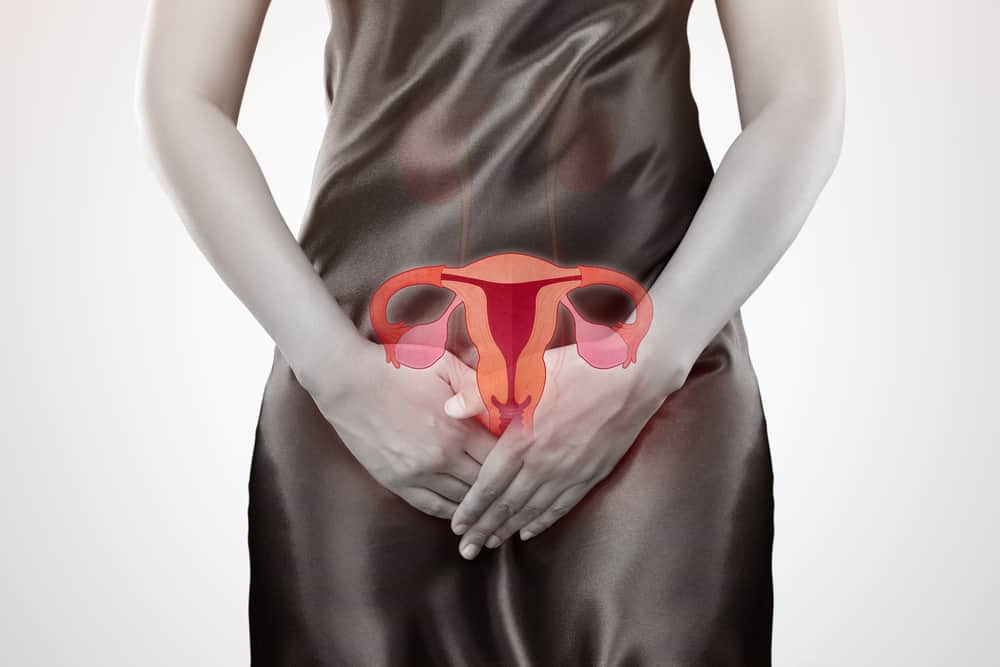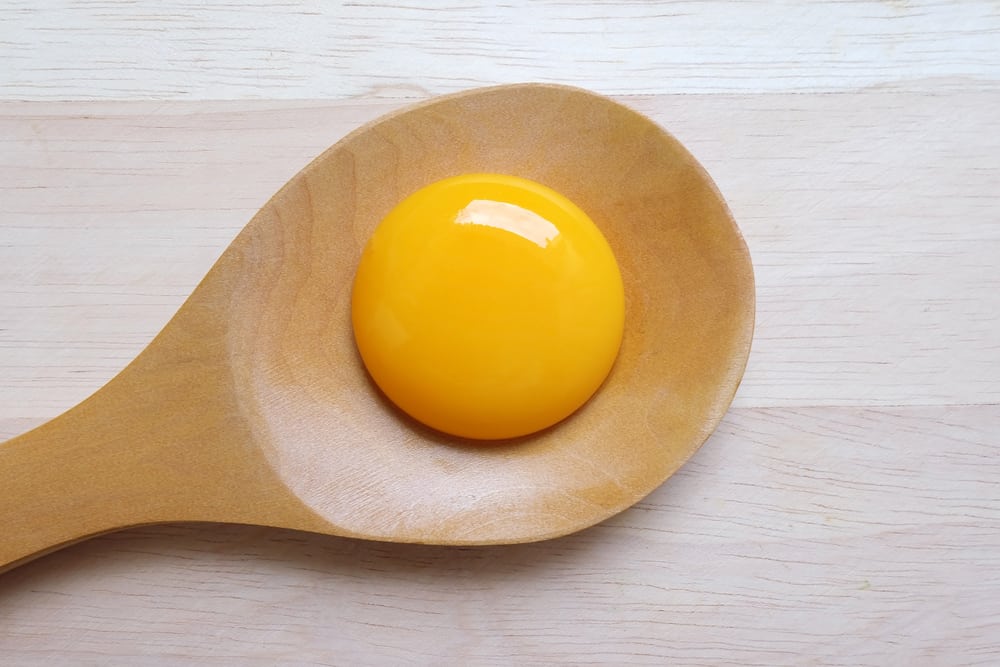Contents:
- Medical Video: Baby and Toddler Milestones, Dr. Lisa Shulman
- Stage of Development of the Taste of Indra
- Your role
- When should you be worried?
Medical Video: Baby and Toddler Milestones, Dr. Lisa Shulman
The sensation of tasting your baby, plus his curiosity, helps him explore this great world. Even before he can eat solid food, your baby's taste buds can help him decide whether he likes or hates certain textures and flavors.
Indra tasted the baby for the first time when he was still in the womb. The amniotic fluid that surrounds the baby in the womb is affected by the food consumed by his mother, so when the baby swallows this liquid, he can already feel a different taste. In fact, research shows that after birth, babies usually prefer the taste of food they have tasted before birth.
Senses taste connected to the sense of smell, and your baby already has a well-developed sense of smell. He can find out in what direction the food he smells fragrant, and can even distinguish the smell of your milk from other mother's milk.
Stage of Development of the Taste of Indra
During the first 6 months, your baby must be able to:
- Having a broader sense of taste in his mouth, is wider than what you have as an adult
- Distinguish between sweet and bitter taste
- Prefer sweetness like breast milk, and may show an expression of disgust when given bitter or sour food
Your baby may also be able to:
- Use the tongue to distinguish texture and taste
- React to salty foods. However, you are advised not to give him salty food at this age.
Your role
Your baby's taste is influenced by many factors, one of which is genetic factors.
Your baby may prefer foods that he has felt in the womb, but he can also tend to like foods he is used to eating. If you offer a new type of food, maybe he will like it more when it's a little bigger.
Your baby also imitates you and your reaction to food. So you should hide your dislike of some foods, especially healthy foods that you want your child to like.
The variety of foods that your baby enjoys as he grows can also depend on how long you breastfeed. Research shows that the various flavors contained in breast milk can have a positive influence on the taste buds of the baby, and make it more open to trying out a variety of foods when they grow up. Give your baby a lot of different foods with a variety of flavors to try as he grows.
When you first give your baby solid food, choose a neutral taste such as mashed fruit or vegetables. Then gradually, introduce new feelings.
Let your baby explore the food. Don't be angry when he spits out his food because this is a process of exploring his taste, so that the food will only enter his mouth, be felt, and if he doesn't like it he will throw it out. With your encouragement and support, he will get used to different tastes and feel more confident about trying new foods.
Be careful about feeding foods that contain sugar or salt. Avoid instant foods and ready-to-eat foods, and don't add sugar or salt to your baby's food. The baby's kidneys cannot process food with too much salt, and sugar will damage the teeth that will grow. If you want your child to have a healthy diet when he grows up, it's good if you get used to from childhood not to feed him with food and drinks that are too much sugar or salt, and multiply healthy foods early so he is accustomed.
When should you be worried?
Your baby will use his mouth to explore, learn, and understand the world around him. So, it's natural if he put all objects into his mouth. You need to keep an eye on him so he doesn't try to put items that are sharp, dirty, or dangerous into his mouth. You can help explore it by giving interesting toys, which are designed for babies of their age, and safe to put into your mouth. Toys with a variety of different textures, which have attractive colors, radiant, or sound, are also good choices.












